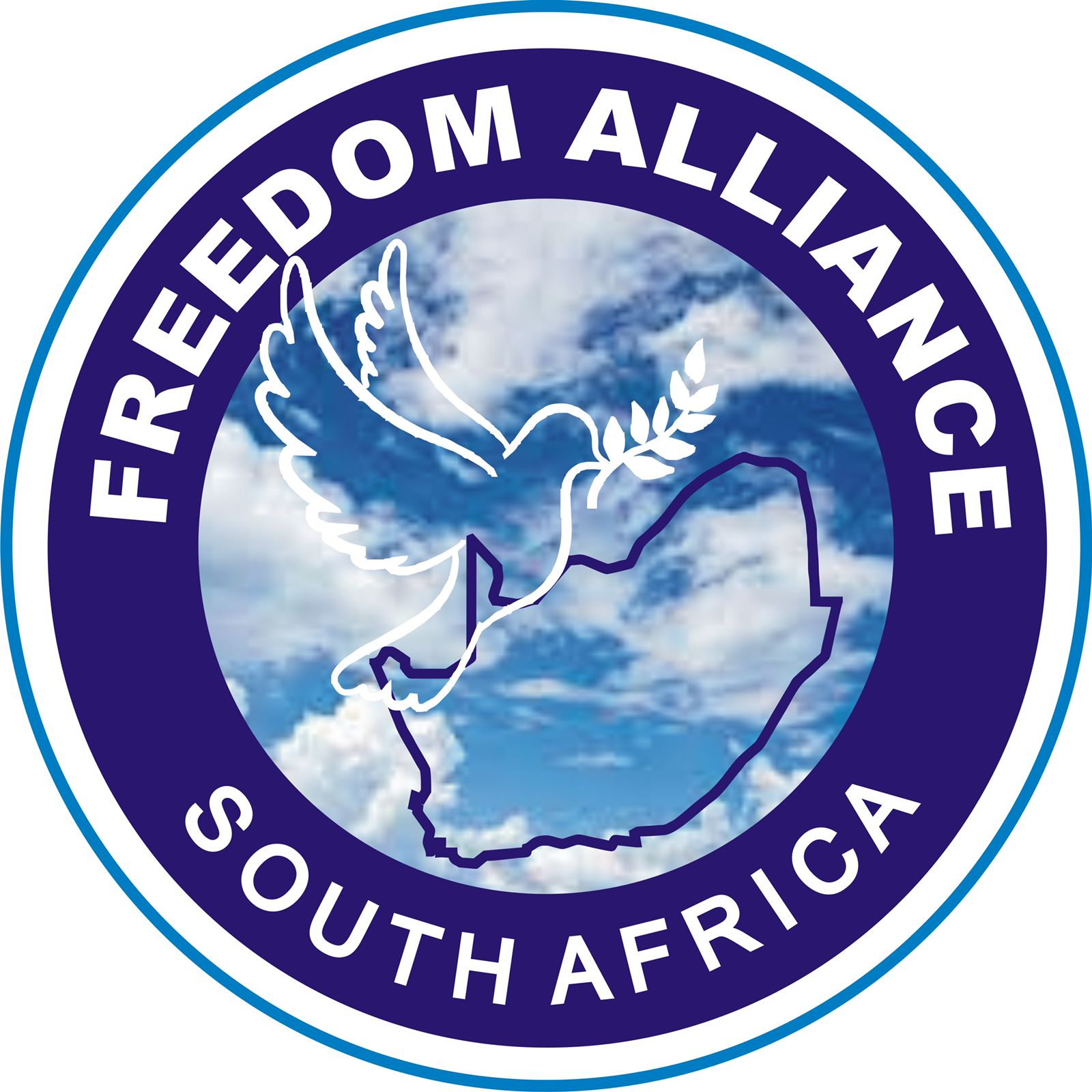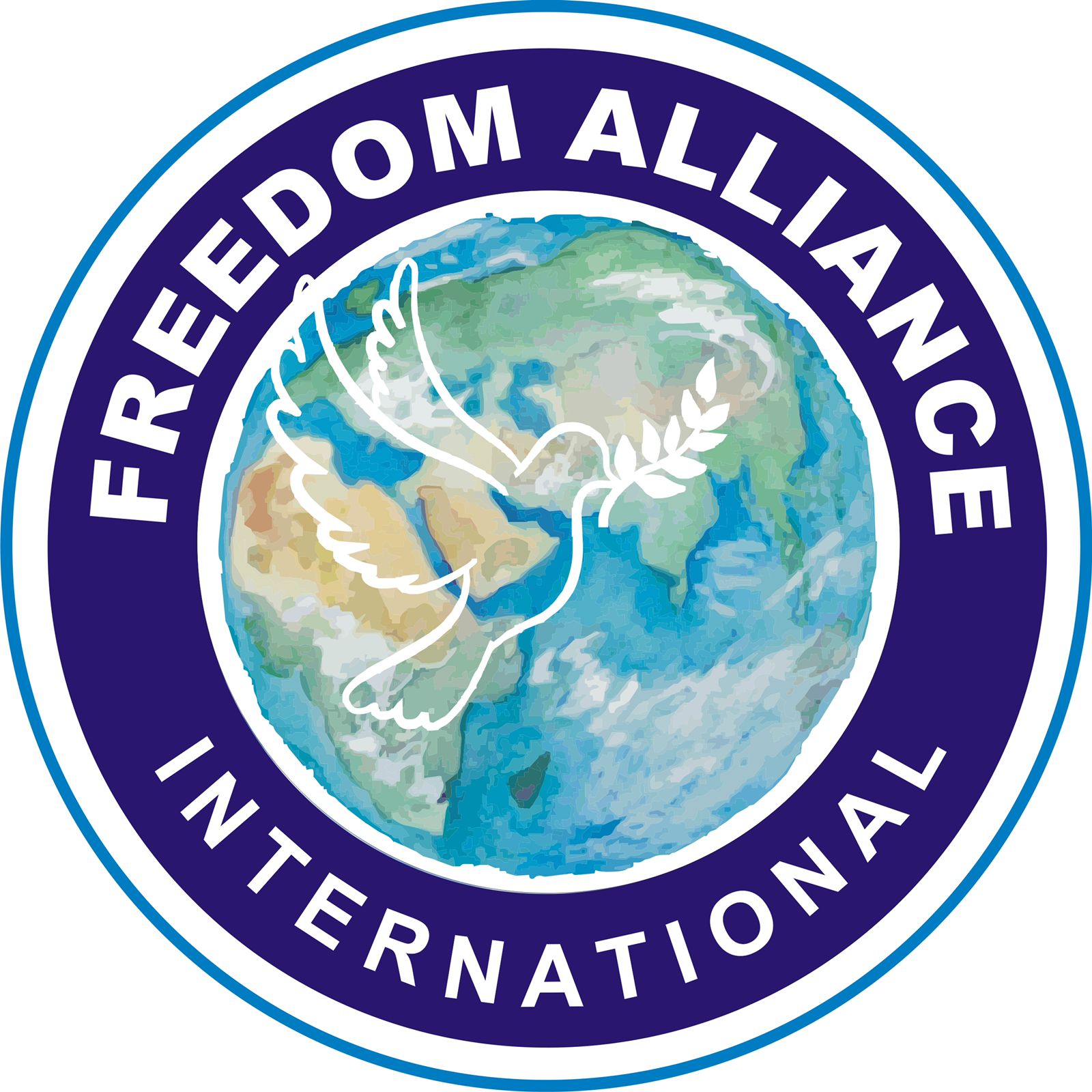I learned that courage was not the absence of fear, but the triumph over it. The brave man is not he who does not feel afraid, but he who conquers that fear.
– Nelson Mandela
Our Vision is to see everyone with the right to freedom of thought, conscience and religion; this right includes the right to put your thoughts and beliefs into action. This includes your right to wear religious clothing, the right to talk about your beliefs or take part in religious worship -alone or in community with others and in public or private, to manifest your religion or belief, in worship, teaching practice and observance.
I believe in [a world] where religious intolerance will someday end; where all men and all churches are treated as equal; where every man has the same right to attend or not attend the church of his choice; where there is no Catholic vote, no anti-Catholic vote, no bloc voting of any kind; and where [all religions] at both the lay and pastoral level, will refrain from those attitudes of disdain and division which have so often marred their works in the past, and promote instead the ideal of brotherhood.
-1960, presidential candidate John F. Kennedy
As the Swiss-born 18th and 19th Century French politician, Benjamin Constant, outlined in his description of faith:
Whatever the cause of the emotion, it bears within it something which quickens the blood, arouses a kind of well-being, and heightens in us the sense of our existence and strengths. We become open to a generosity, a courage, and a sympathy above our everyday disposition. Even the corrupted man is better, when he is moved and as long as he stays moved.
In short, religion is about everyone’s relationship to their creator. It is more than just earthly expression. It has the potential to be the expression of an individual’s purpose based on the relationship to their creator, their capacity to fulfil that purpose and the judgement that they may receive as a consequence of their actions in a future life…Tolerance remains a vital component in the respect for religion, both between faiths, toward those without faith, and from those without faith towards those that do.
Tolerance is the end of rights and the beginning of responsibilities.
In his speech, Australian Human Rights Commissioner: Tim Wilson, outlined his concerns about the key freedoms of expression, worship, association and property rights – referring to them as The Forgotten Freedoms – Freedom of Religion.
It probably seems odd to refer to freedoms we exercise on a daily basis as ‘forgotten’.
But as foundational freedoms, they are being taken for granted and are consequently compromised.
Any compromise is rarely explicit. Instead, compromises occur through the incremental advancement by government of policies with worthy objectives. But they consequently encroach on rights.
Sometimes worthy civil rights and social justice aspirations have been elevated to the sacrosanct status of human rights and anti-discrimination has been conflated with human rights.
I consider what I am about to say to be uncontroversial, but apparently it is not.
One. Human rights are not the same as civil rights. Human rights are universal and exist from birth; civil rights are the gift of citizenship.
Two. Human rights are not the same as social justice. Human rights are about uncompromisingly protecting the autonomy of the individual; social justice is broadly about advancing equity.
Three. Human rights are not the same as anti-discrimination. Apart from equality before the law, human rights can actually be about exercising discrimination, such as free association; whereas anti-discrimination is about removing unjust prejudice.
Four. Human rights are not about protecting groups of people. Universal human rights can only exist for individuals, by comparison group rights cannot be extended to everyone.
In practice, universal human rights often conflict with these otherwise worthy aspirations.
The four objectives I have outlined are all broadly confused because of the development of treaties under the banner of human rights.
It is understandable that countries sought to internationalise human rights values after the Second World War through treaties. However, this process has disconnected human rights from their origins. Governments negotiated what human rights are. They are no longer seen as rights of birth. They are now perceived as gifts of government.
And the UN system that has continued to add ‘new’ human rights to the list has resulted in the dilution of their integrity…
Freedom of religion is a close ally and friend of the absolute freedoms of thought and conscience. Government cannot regulate it, and nor should they. Equally, it is closely allied to freedom of expression…. the role of religious institutions in a modern democracy is incredibly important in providing a counter balance to the power of government.
It’s often forgotten that government is a unique beast. It is regularly equated to business and individuals as an equivalent interest. But government remains the only institution in our society that can design laws and enforce them. Its power is extreme. The interest of government is based on the values and views of those in charge. Government is also approached from a government-down perspective in advancing the best interests of society. That is a very different perspective than the intended design of a liberal democracy based on governing for the individual-up


